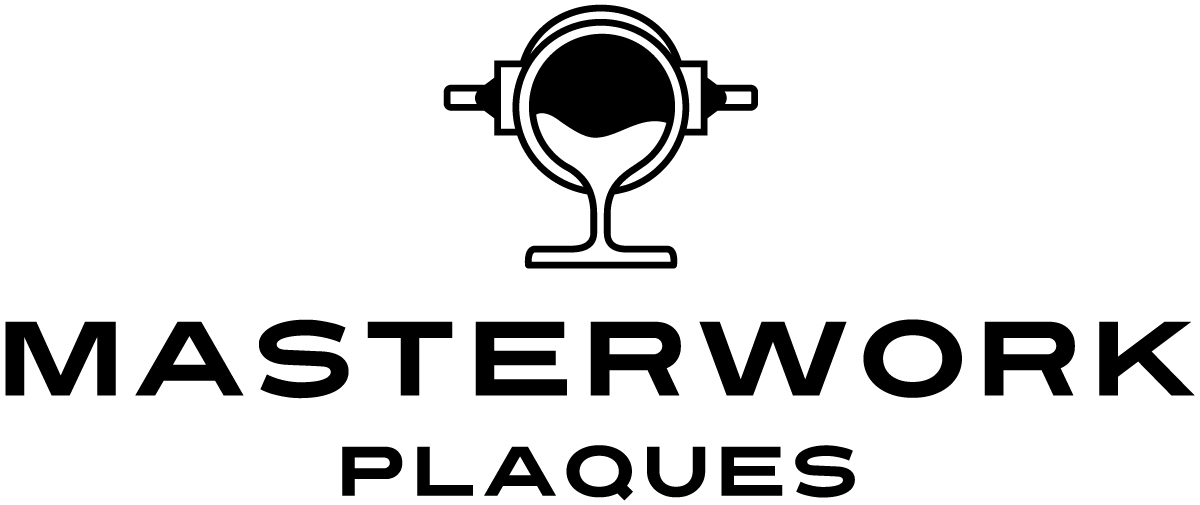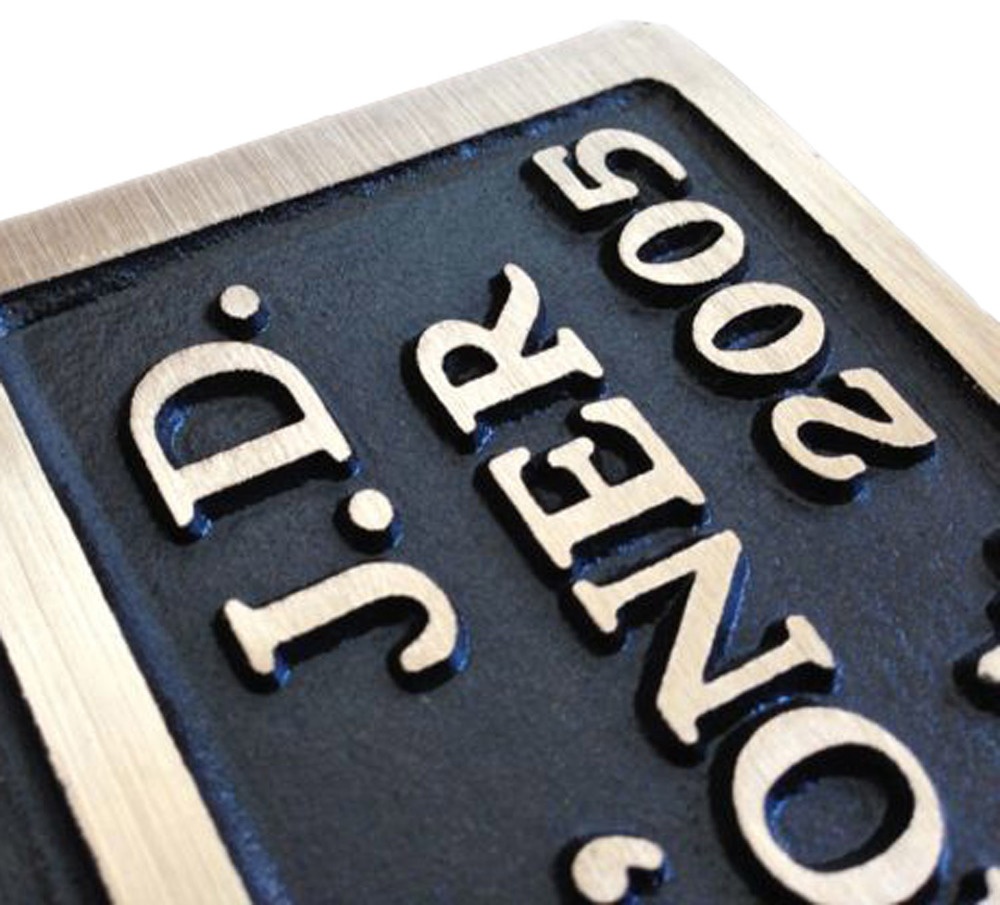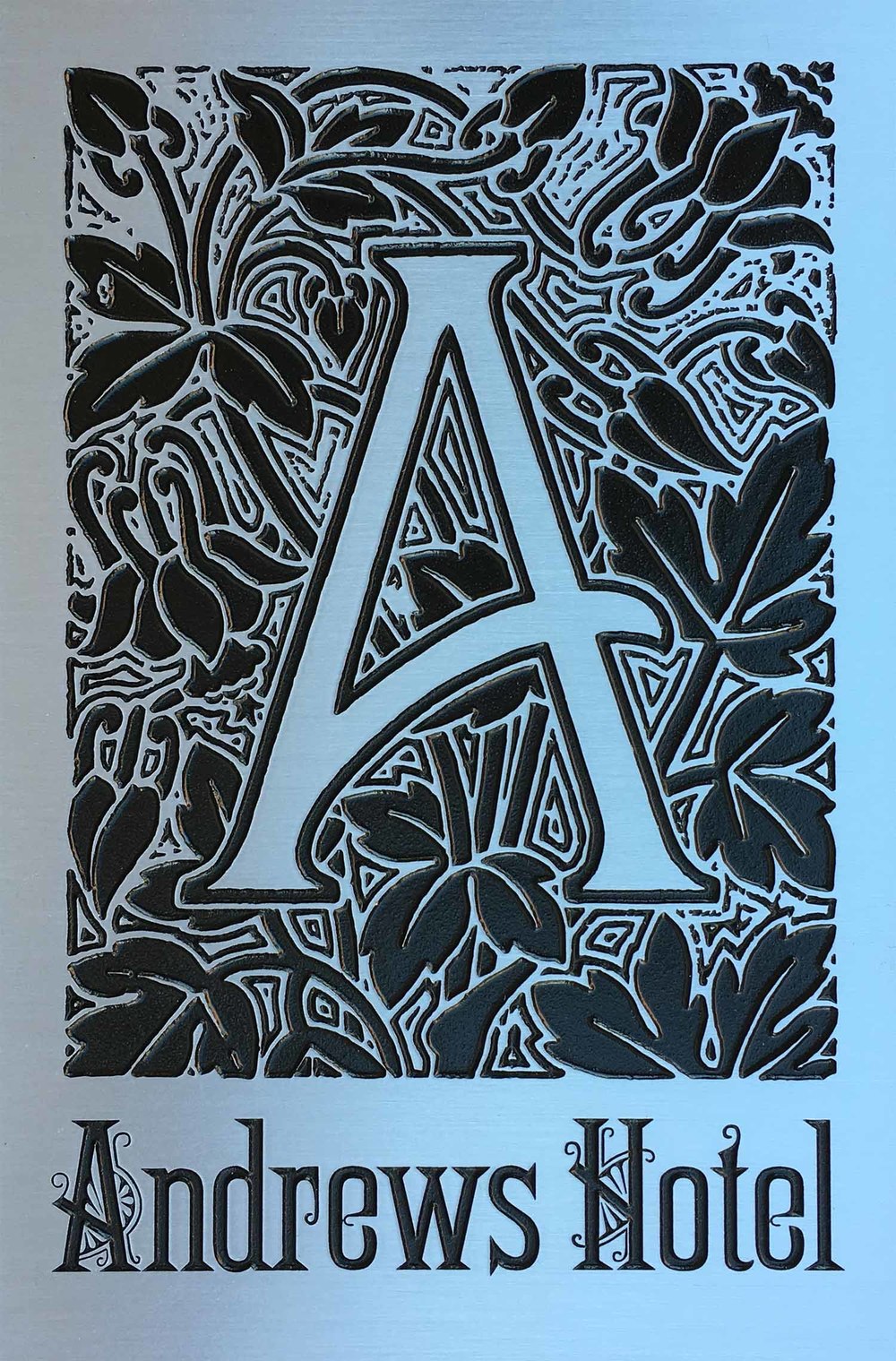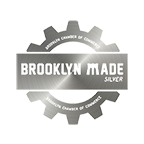Advice from the Plaque-Makers: Make a Sign that Lasts
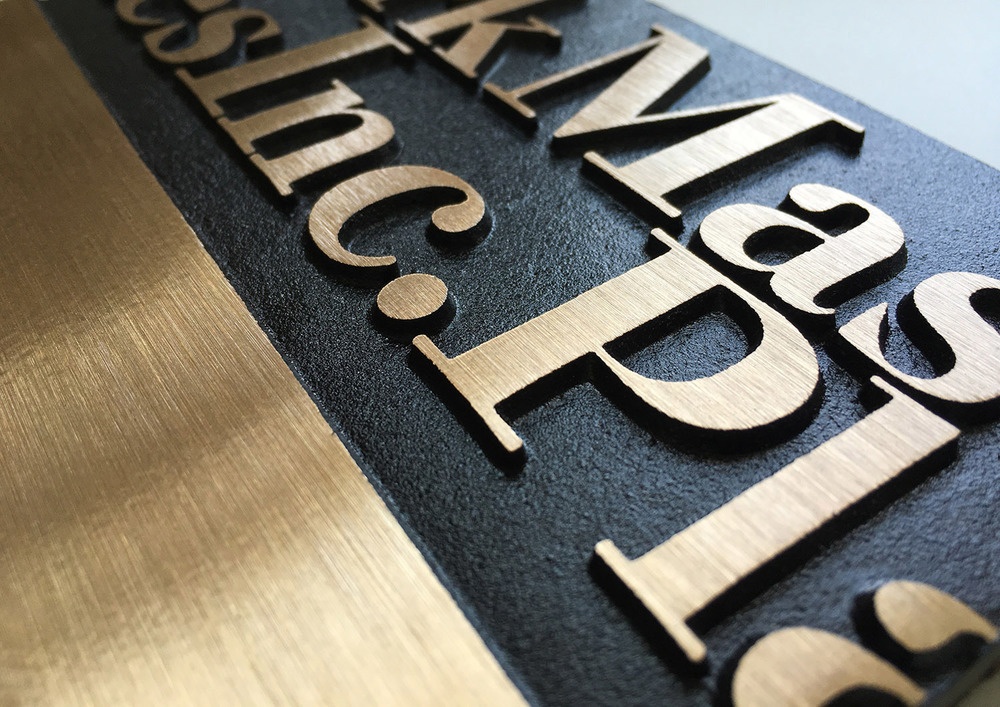
Exterior building signage is necessary for just about every type of business. When it comes to designing company plaques, it can be tempting to jam-pack each sign with addresses, tag lines and contact info to give the casual passerby more than one way to reach out to your business. While employee email addresses, phone numbers and physical addresses can all be helpful, an outdoor plaque may not need all of these elements.
Your plaque is a reflection of your company. High-quality corporate signage sends a strong message to your customers.
To prevent overcomplicating your corporate signage, focus on the company name, logo, and your overall brand identity. The outdoor plaque should clearly promote your business’s presence in the building, and it should also catch the eye of passersby, enticing prospective clients to visit or contact your organization.
We recommend sitting with your branding and marketing team—think about a company color and metal type that may best complement your logo. At the same time, decide on one method of contact that is most appropriate for prospective clients who see your company’s plaque on the street—a contact method may not be necessary if the sign is right outside your door. Once the content is decided upon, request a quote from our studio, and our customer service team can help you finalize your plaque design from there. Included below are five helpful tips during your company’s initial planning process.
#1 Avoid QR Codes
Every few months, a client will ask us to add a QR code to their initial plaque designs, but rarely do these customers end up wanting it on the final product. We have a bit of an aversion to QR codes at our studio, and there are two reasons why.
QR codes are meant for use on printed media.
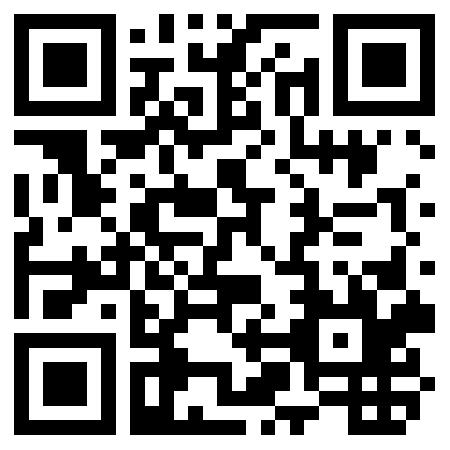
Barcodes are two-dimensional and almost always black and white. Etched and cast plaques are not completely flat. Cast plaques have a relief depth of 3/32”, so shadowing can distort the QR code and prevent its readability. This presents obvious issues. There is always the risk that the QR code won’t scan properly after the plaque has been created, and what’s the use of an expensive plaque with a QR code that doesn’t work?
Barcode Scanner Apps must be downloaded.
Secondly, if the QR code does scan successfully, smartphones do not automatically come with barcode scanners. The most effective QR codes offer customers a reward if they do scan and view the embedded link. That means unless you offer a discount or another type of incentive, will people use it? A simple website url may be more effective, and also relieves the fear that QR codes will become outdated.
#2 Use Reliable Contact Info
Similar to our first tip, it is important to choose a reliable contact method that will not change over time. If an architectural signage project has a phone number that is no longer in service, the price to update the phone number on the plaque is just about as expensive as recreating the plaque entirely. For this reason, make sure there are no typos or outdated forms of contact on your company signage.
#3 Make Sure Your Logo is Up-to-Date
Vector files are our favorite type of file at Masterwork Plaques. Vectors are most often created in Adobe Illustrator, so the file would end in “.ai” or “.eps”. If your company only has a jpeg file handy, send us the highest resolution file available. If needed, we can often redraw the logo in house.
Marketing departments will typically have your company’s vector file. Make sure to send us the most up-to-date logo you have. A bronze plaque can last for decades, but if the content is outdated, you may have to remake the plaque regardless of the condition of the metal.
#4 Invest in High-Quality Materials
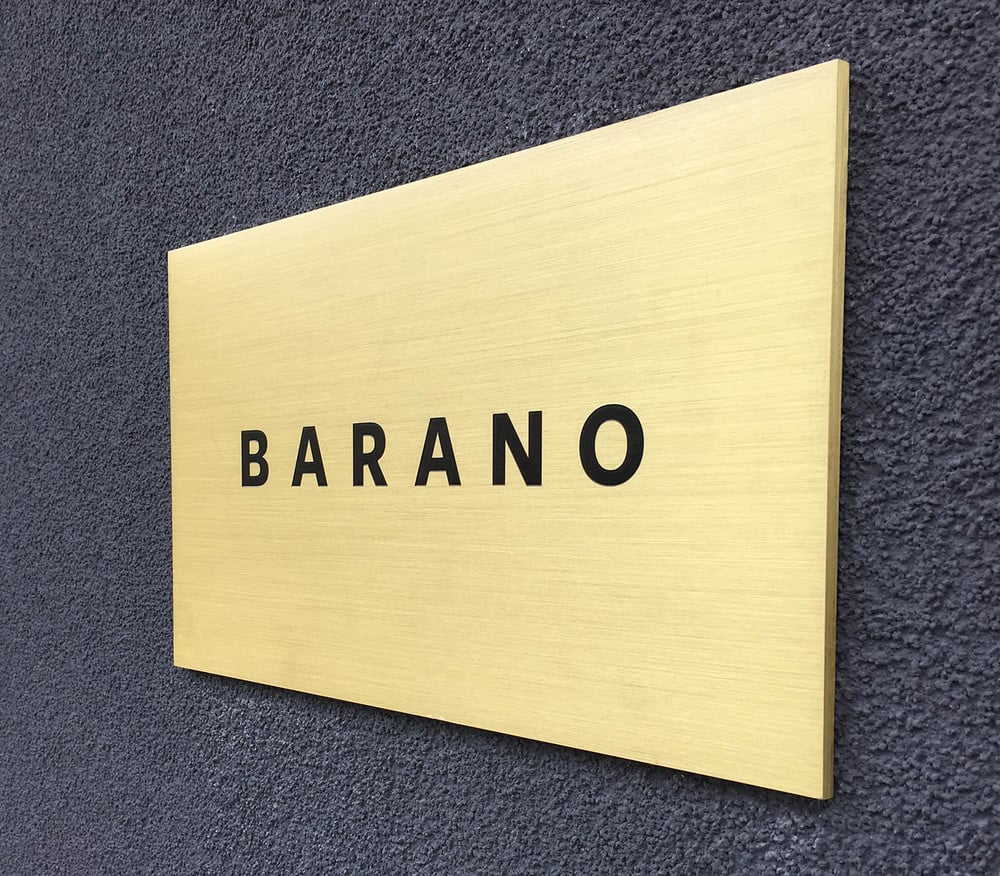 Etched plaque for Barano Restaurant in Brooklyn, NY.
Etched plaque for Barano Restaurant in Brooklyn, NY.
Our studio has many plaque options, but we typically recommend cast bronze and etched stainless steel over most other metal types. Bronze and stainless steel are high-quality, durable metals that hold up well as interior and exterior signage. High-quality items usually come with a higher price tag, but if you want plaques that will last for decades, these plaques quickly pay you back over time.
Too often, we see outdoor plastic and aluminum plaques that have been through too many hot summers or cold winters. Their painted backgrounds start to peel away, and those once pretty plastic plaques have dented and chipped. It is not uncommon for cheaply-made, exterior plaques to become unreadable after one or two years. Choosing high quality materials and the proper finish prevents dents and scratches that ruin the plaque’s appearance. Rather than recreating a plaque every two years, order a well-made plaque once, and you will save your company valuable time and money. Your plaque is a reflection of your company, and a high quality sign sends a strong message to your customers.
#5 Mount Your Plaque Securely
One last piece of advice: Use our hidden stud mount technique for any plaque that is installed outside. This blind-mount technique conceals all attachment hardware from the face of the plaque, which makes it more difficult to remove and protects it against theft. Bronze is an expensive material, and a plaque that is improperly mounted can be stolen and sold as scrap metal. Masterwork’s cast plaques come with specially developed attachment systems that can be inserted directly into the wall with an architectural grade epoxy.
